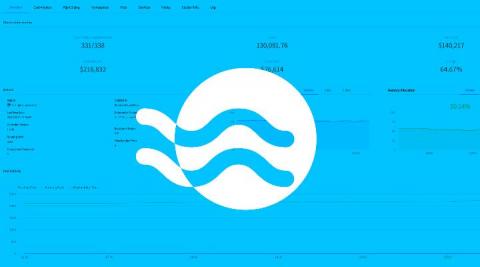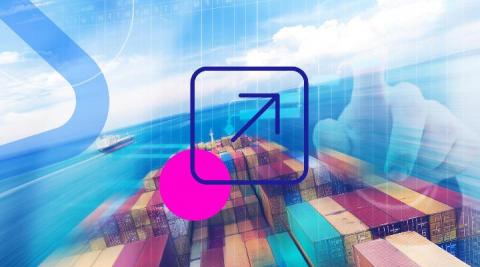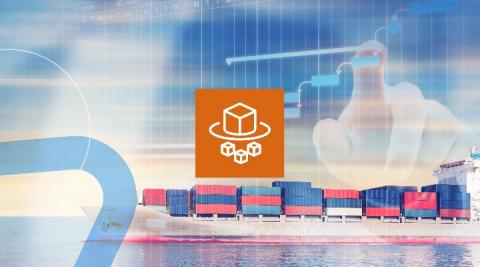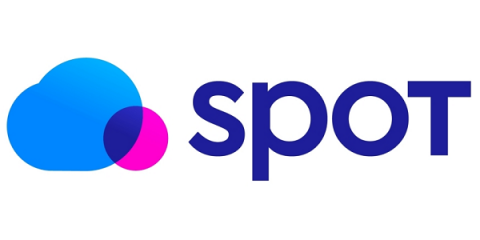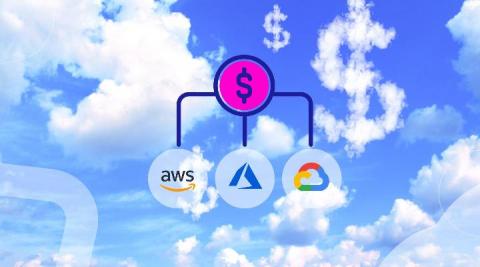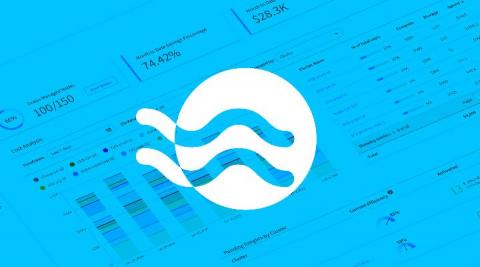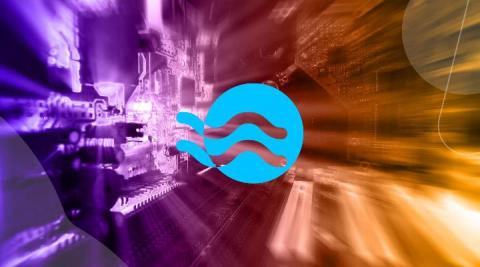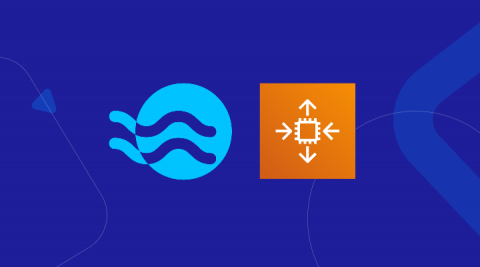Technical introduction to Ocean by Spot: Serverless infrastructure engine for containers and Kubernetes
When it comes to modern container orchestration, there are a variety of control plane solutions for managing your applications in a containerized environment. Users can opt for managed services (i.e. Amazon EKS and ECS, Google GKE and Azure AKS) or run their own orchestration with Kubernetes. However, the dynamic nature of containers introduces operational complexities that can make your cloud infrastructure difficult to manage.


